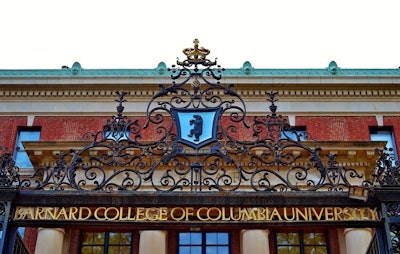
The settlement, announced Monday in a joint statement with advocacy groups Students Against Antisemitism and StandWithUs Center for Legal Justice, requires Barnard to establish new oversight mechanisms and restrict certain forms of student protest activity. The lawsuit was filed in February 2024 on behalf of Jewish and Israeli students who claimed the college failed to address harassment during pro-Palestinian demonstrations.
Under the agreement, Barnard will adopt the International Holocaust Remembrance Alliance's definition of antisemitism, which includes certain critiques of Israel among its examples. The college will also appoint a new Title VI coordinator to investigate discrimination complaints and produce annual reports on antisemitism.
The settlement has drawn criticism from faculty who argue it could chill legitimate academic discourse.
The controversy reflects broader tensions on college campuses nationwide as institutions grapple with balancing free speech protections with creating inclusive environments for all students, particularly amid ongoing conflict in the Middle East.
Perhaps most significantly for campus life, Barnard agreed not to recognize, meet, or negotiate with Columbia University Apartheid Divest, the student coalition that organized encampments last spring calling for divestment from companies doing business with Israel. The group represents a merger of multiple student organizations across both Barnard and Columbia.
The settlement also restricts student demonstration activities, including banning face masks at protests when used to "intimidate or interfere with enforcement" of school policies. Students will face expanded disciplinary jurisdiction for off-campus conduct, including social media posts.














